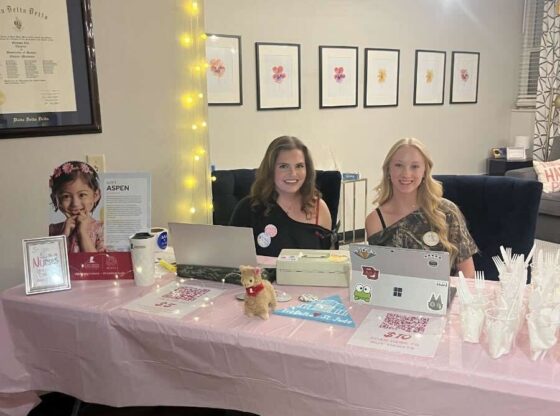The DU Center for Human Rights Development (CORD) held a discussion meeting last Tuesday on refugees returning to Croatia and their right to reclaim their socially owned apartments. Amber Goodman, chair of the community and coexistence committee, part of the action network for CORD, lead the discussion that took place in Cherrington Hall. Graduate students studying human rights spoke about the recent decision by the European Court not to allow refugees the right to return to their homes. Some 10,000 people have been affected by the decision. The Bosnian war, started in 1992, caused many Serbs, Croatians and Montenegrins to flee their homes. Refugees are now returning since fighting has ended but their homes are not available. The Croatian government has filled apartment buildings with other homeless citizens. CORD students talked through different solutions as to what refugees should be allowed to do. Graduate student Elizabeth Schiffman said, “You should be able to go back to get your stuff even if you aren’t allowed to live there.”Students argued that refugees should have a right to live in their old homes especially if they previously occupied the place for a long period of time. Other students believe that allowing refugees back into their homes would create the problem that other homeless would have nowhere to go. The discussion led students to bring up other topics on Croatia as well. Amber Goodman suggested that discrimination was involved in the situation. Serbs and Montenegrins are considered minorities in Croatia and some have recently been told they cannot return to their cities. Goodman mentioned that Croatia has tried to improve its image by building new homes, but they are not helping people transition to their new lifestyle. The CORD group ended discussion without resolution but with a strong awareness of events occurring across the globe. Less than half of refugees are actually staying in their home towns due to the decision that they do not have the right to be there. The goal of periodical CORD meetings is to foster awareness of human rights. To find out more information about CORD, visit their Web site at www.du.edu/gsis/cord.











